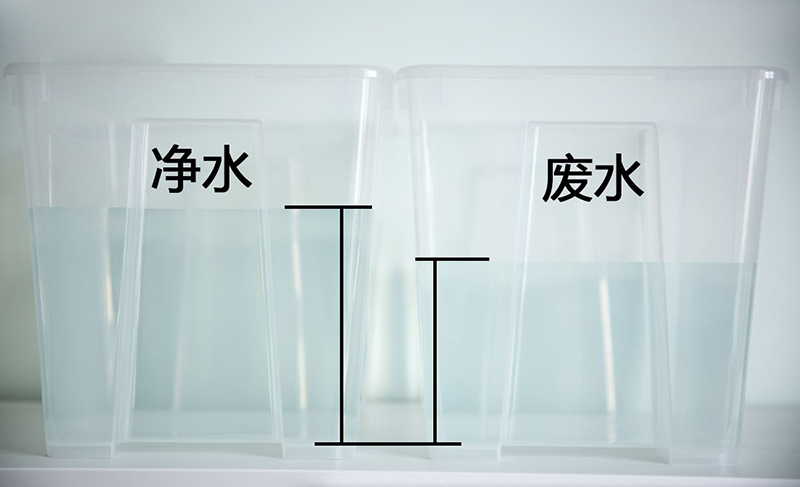 Application of water purifier in public places: guarding every drop of healthy water source
Application of water purifier in public places: guarding every drop of healthy water source
Sep .14.2024
In today's society, with people's pursuit of a healthy life and increasing concern for environmental quality, water purifiers, as an effective water treatment equipment, is gradually playing an increasingly important role in public places. Schools, hospitals, offices and other public places, due to the high flow of people, high demand for water, water quality requirements are more stringent. Therefore, the application of water purifiers in these places is particularly important.
 Reverse osmosis ultrapure water system how to maintain can improve life expectancy
Reverse osmosis ultrapure water system how to maintain can improve life expectancy
Sep .14.2024
In recent years, people's requirements for water quality is more and more high, in order to meet people's needs, reverse osmosis ultrapure water system is therefore born, and meet the public recognition. In order to protect the performance and stability of reverse osmosis membrane treatment, and the need to do a good job of maintenance, equipment maintenance in order to water quality in order to be more stable, so we have organized the following several maintenance methods, please come to understand.
 Why should you install a water purifier? This article will make you understand the importance of the existence of water filters!
Why should you install a water purifier? This article will make you understand the importance of the existence of water filters!
Sep .13.2024
The emergence of water purifiers, so that the way of drinking water redefined, the emergence of water purifiers is because the water quality continues to change and the emergence of a way of drinking water; from the ability to drink the river water well water to the tap water to the bucket of water, to the current exceptionally hot water purifier market, is the environment affects the way of drinking water change rather than artificial to speak of this market hype up; like cell phones, because people really need, so the market is Will be hot, if put into a few years ago, the cell phone market is also the need for everyone to introduce.
 Will water purifiers replace the bottled water?
Will water purifiers replace the bottled water?
Sep .13.2024
We all know that in developed countries, water treatment technology is very advanced, the street just twist open a faucet can be directly drinking water, very convenient. Comparison of China, in recent years, with the industrial development, groundwater pollution is more serious, the residents of the daily drinking water can only be bottled water or water purifier-based. In these two competing ways of drinking water, household water purifiers will further replace the bottled water market?
In this regard, Susan will analyze for you. In the current drinking water environment, is still dominated by bottled water, although the water purifier will to a certain extent impact the bottled water market, but want to completely beyond is very difficult to realize, this is because bottled water has a variety of water purifier does not have the advantage.



 Application of water purifier in public places: guarding every drop of healthy water source
Application of water purifier in public places: guarding every drop of healthy water source
 Reverse osmosis ultrapure water system how to maintain can improve life expectancy
Reverse osmosis ultrapure water system how to maintain can improve life expectancy
 Why should you install a water purifier? This article will make you understand the importance of the existence of water filters!
Why should you install a water purifier? This article will make you understand the importance of the existence of water filters!
 Will water purifiers replace the bottled water?
Will water purifiers replace the bottled water?